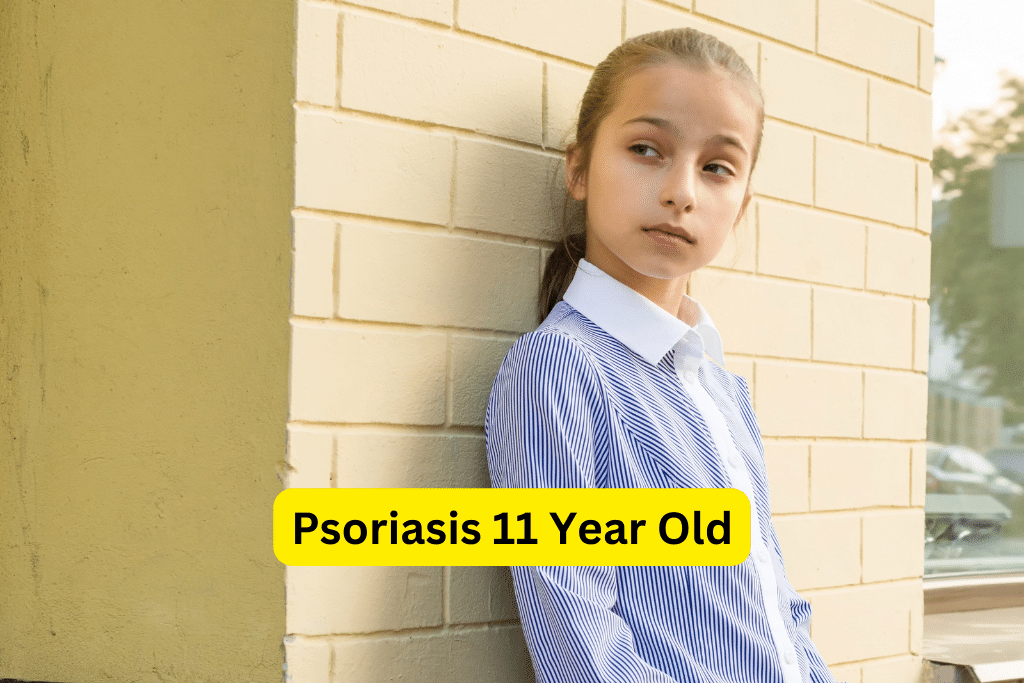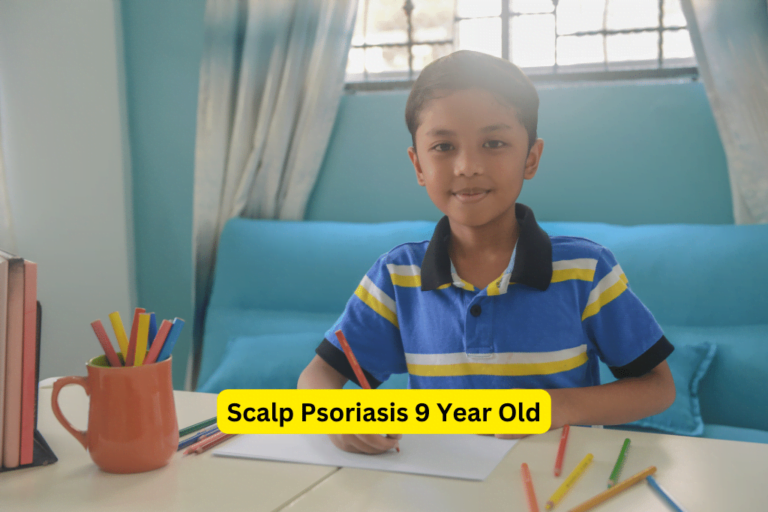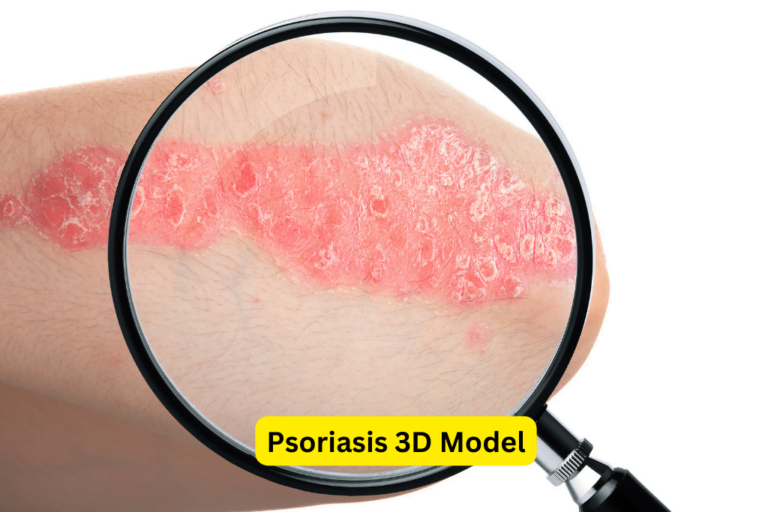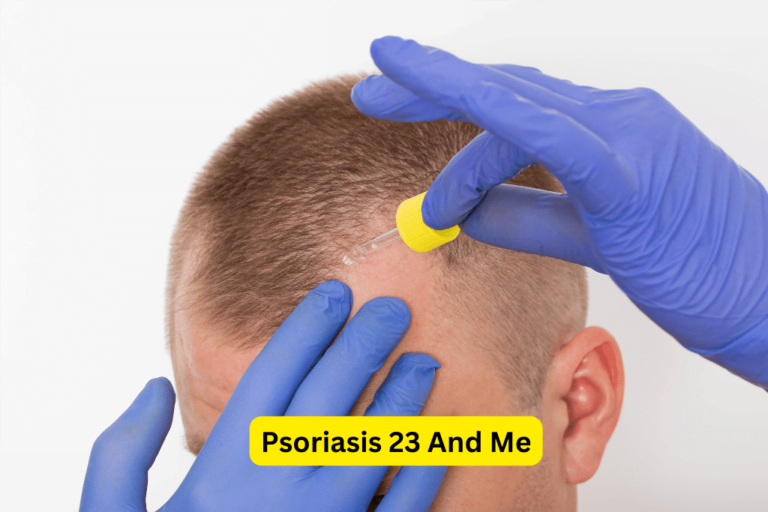Managing Psoriasis in 11-Year-Olds: Expert Insights
Psoriasis 11 Year Old
Are you concerned about your 11-year-old child with psoriasis? This comprehensive article sheds light on the causes, symptoms, and treatment options for psoriasis in children, providing valuable insights to help manage this condition effectively.
I. Understanding Psoriasis
A. Definition and chronic nature
Psoriasis is a chronic autoimmune disease that affects the skin, causing red, scaly patches to develop. It is important to understand that psoriasis is a long-term condition that requires ongoing management.
B. How psoriasis develops
Psoriasis occurs when the immune system mistakenly attacks healthy skin cells, causing them to produce at an accelerated rate. This rapid cell turnover leads to the formation of thick, inflamed patches on the skin.
C. Different types of psoriasis
There are several different types of psoriasis, including plaque psoriasis, guttate psoriasis, inverse psoriasis, pustular psoriasis, and erythrodermic psoriasis. Each type has unique characteristics and patterns of skin involvement.
II. Psoriasis in 11-Year-Old Children
A. Prevalence and statistics
Psoriasis is relatively uncommon in children, affecting approximately 1-3% of the pediatric population. However, it is important to note that psoriasis can develop at any age, including in 11-year-olds.
B. Causes and triggers
Psoriasis is a complex disease with multiple factors that can contribute to its development.
- Genetic factors: Research suggests that there is a strong genetic component to psoriasis, and having a family history of the condition increases the risk.
- Environmental factors: Certain environmental triggers, such as infections, stress, and certain medications, can provoke psoriasis flare-ups.
- Autoimmune factors: Psoriasis is considered an autoimmune disease, meaning the immune system mistakenly attacks healthy cells in the body.
C. Symptoms experienced by 11-year-olds with psoriasis
The symptoms of psoriasis in 11-year-olds are similar to those experienced by adults:
- Red, scaly patches of skin: The hallmark symptom of psoriasis is the presence of raised, reddened areas covered in silvery scales.
- Itching and discomfort: Psoriasis can cause itching and discomfort, which may be particularly troublesome for children.
- Emotional and psychological effects: Psoriasis can have a significant impact on a child’s self-esteem and emotional well-being, potentially leading to feelings of embarrassment or frustration.
III. Diagnosis of Psoriasis in 11-Year-Olds
A. Importance of medical advice
If you suspect your child has psoriasis, it is crucial to seek medical advice promptly. A dermatologist can provide an accurate diagnosis and recommend appropriate treatment options.
B. Physical examination and medical history
The dermatologist will typically perform a physical examination and inquire about the child’s medical history. These steps help in evaluating the severity and extent of psoriasis.
C. Diagnostic tests and procedures
Several diagnostic tests and procedures can aid in confirming a diagnosis of psoriasis, including:
- Skin biopsy: A small sample of skin is taken and examined under a microscope to check for characteristic features of psoriasis.
- Clinical assessment scales: Dermatologists often use scales, such as the Psoriasis Area and Severity Index (PASI) or the Physician Global Assessment (PGA), to assess the severity and extent of psoriasis.
IV. Treatment Options for Psoriasis in 11-Year-Old Children
A. Topical treatments
Topical treatments are usually the first line of treatment for psoriasis in children and can help relieve symptoms and reduce inflammation and scaling. Common topical treatments include:
- Moisturizers and emollients: Regular moisturizing of the skin can help soothe dryness and alleviate itching.
- Steroid creams and ointments: Topical corticosteroids are commonly prescribed to reduce inflammation and calm flares.
- Calcineurin inhibitors: These immunosuppressant creams are used in areas where corticosteroids may not be suitable.
- Coal tar preparations: Coal tar has antiproliferative and anti-inflammatory properties, making it effective in managing psoriasis symptoms.
- Salicylic acid: Salicylic acid helps remove scales and can enhance the absorption of other topical treatments.
B. Phototherapy and light-based treatments
Phototherapy involves exposing the skin to ultraviolet light under medical supervision. It can be an effective treatment option for moderate to severe psoriasis in children. Common phototherapy treatments include:
- UVB therapy: Narrowband UVB light is used to slow down skin cell turnover and reduce inflammation.
- PUVA therapy: This treatment involves combining psoralen (a light-sensitizing medication) with UVA light exposure.
- Excimer laser: The excimer laser delivers a targeted beam of UVB light to affected areas of the skin.
C. Systemic medications
In severe cases of psoriasis that do not respond to other treatments, dermatologists may prescribe systemic medications, such as:
- Methotrexate: This medication reduces inflammation and slows down the growth of skin cells.
- Cyclosporine: Cyclosporine suppresses the immune system and helps control psoriasis symptoms.
- Biologics: Biologic medications target specific proteins in the immune system and have shown to be effective in managing psoriasis.
D. Lifestyle strategies and home remedies
While there is no cure for psoriasis, certain lifestyle strategies and home remedies can help manage the condition and reduce flare-ups. These include:
- Bathing and moisturizing routine: Regular bathing with gentle cleansers and thorough moisturizing afterward can help maintain skin hydration and minimize irritation.
- Stress management techniques: Stress can exacerbate psoriasis symptoms, so teaching children stress management techniques, such as deep breathing or mindfulness exercises, can be helpful.
- Avoiding triggers and irritants: Identifying and avoiding triggers and irritants, such as certain foods or allergens, can help prevent flare-ups.
V. Coping with Psoriasis in 11-Year-Old Children
A. Emotional and psychological support
Living with psoriasis can be challenging, especially for children. Providing emotional and psychological support is crucial in helping them cope with the condition. Strategies include:
- Promoting self-esteem and self-acceptance: Encourage your child to embrace their uniqueness and focus on their strengths.
- Encouraging open communication and understanding: Create a safe space for your child to express their feelings and concerns about psoriasis.
B. Educating the child’s school and peers
Educating the child’s school about psoriasis can help create a supportive environment and minimize any misconceptions or stigma. It is important to educate peers about psoriasis to foster understanding and acceptance.
C. Support groups and resources
There are various support groups and resources available for parents and children with psoriasis. These can provide valuable information, guidance, and a sense of community. Reach out to local organizations or online communities for support.
VI. Tips for Preventing Psoriasis Flare-Ups in 11-Year-Olds
A. Identifying and avoiding triggers
Pay attention to any specific triggers that may cause your child’s psoriasis to flare up, such as stress, infections, or certain medications. By identifying and avoiding these triggers, you can help reduce the frequency and severity of flare-ups.
B. Maintaining a healthy lifestyle
A healthy lifestyle can contribute to overall well-being and may help manage psoriasis symptoms. Encourage your child to:
- Follow a balanced diet and stay hydrated: A diet rich in fruits, vegetables, and lean proteins can support immune function and skin health. Drinking plenty of water is also important for hydration.
- Engage in regular exercise and physical activity: Exercise promotes circulation, reduces stress, and can have a positive impact on psoriasis symptoms.
C. Appropriate skin care practices and routines
Adopting appropriate skin care practices and routines can help manage psoriasis in children. Some recommended practices include:
- Moisturizing: Applying moisturizer regularly helps soothe dryness and prevent scaling.
- Sun protection: Encourage your child to use sunscreen and protective clothing to minimize sun exposure, as sunburn can trigger or worsen psoriasis symptoms.
Conclusion
In conclusion, psoriasis in 11-year-old children can be a challenging condition to manage. By understanding the causes, symptoms, and treatment options, parents can provide their child with the necessary support and care. Seeking medical advice and exploring various treatment approaches can help children manage their psoriasis effectively and lead fulfilling lives. Remember, you are not alone in this journey; there are numerous resources and support networks available to assist you. Together, we can navigate this condition and promote the well-being of children living with psoriasis.
"Have You Seen Mike Walden's new holistic acne System yet? It's called "Acne No More" I've read the whole thing (all 223 pages) and there's some great information in there about how to naturally and permanently eliminate your acne without drugs, creams or any kind of gimmicks. I highly recommend it - it's very honest and straightforward without all the hype and b.s. you see all over the net these days. Here's the website where you can get more information:
Click Here -->AcneNoMore









